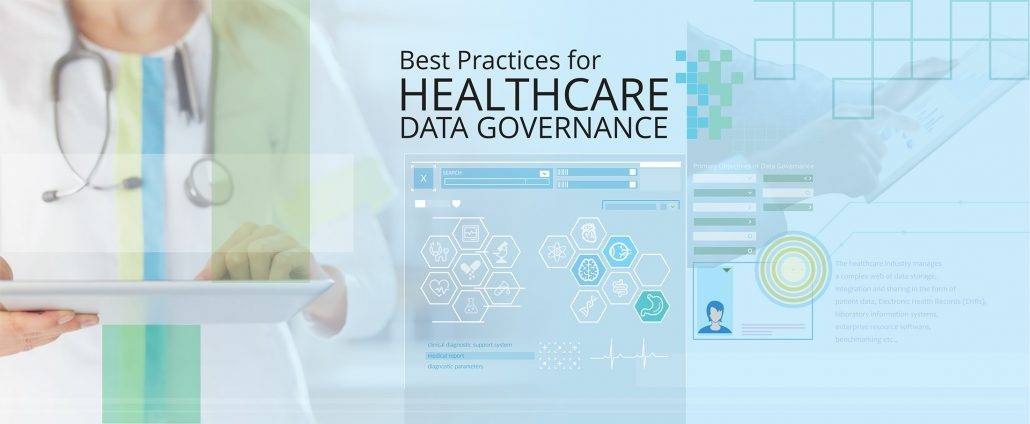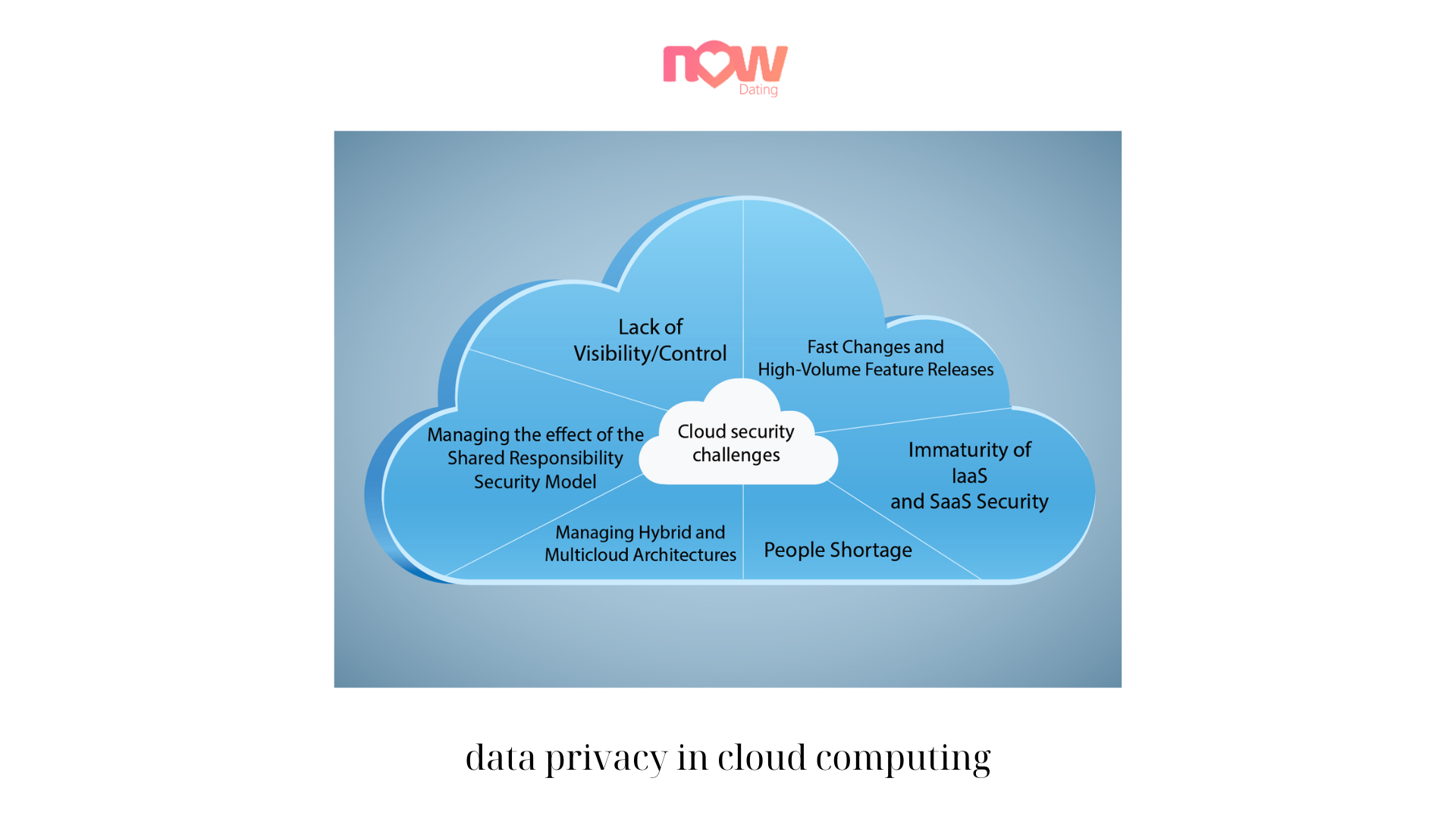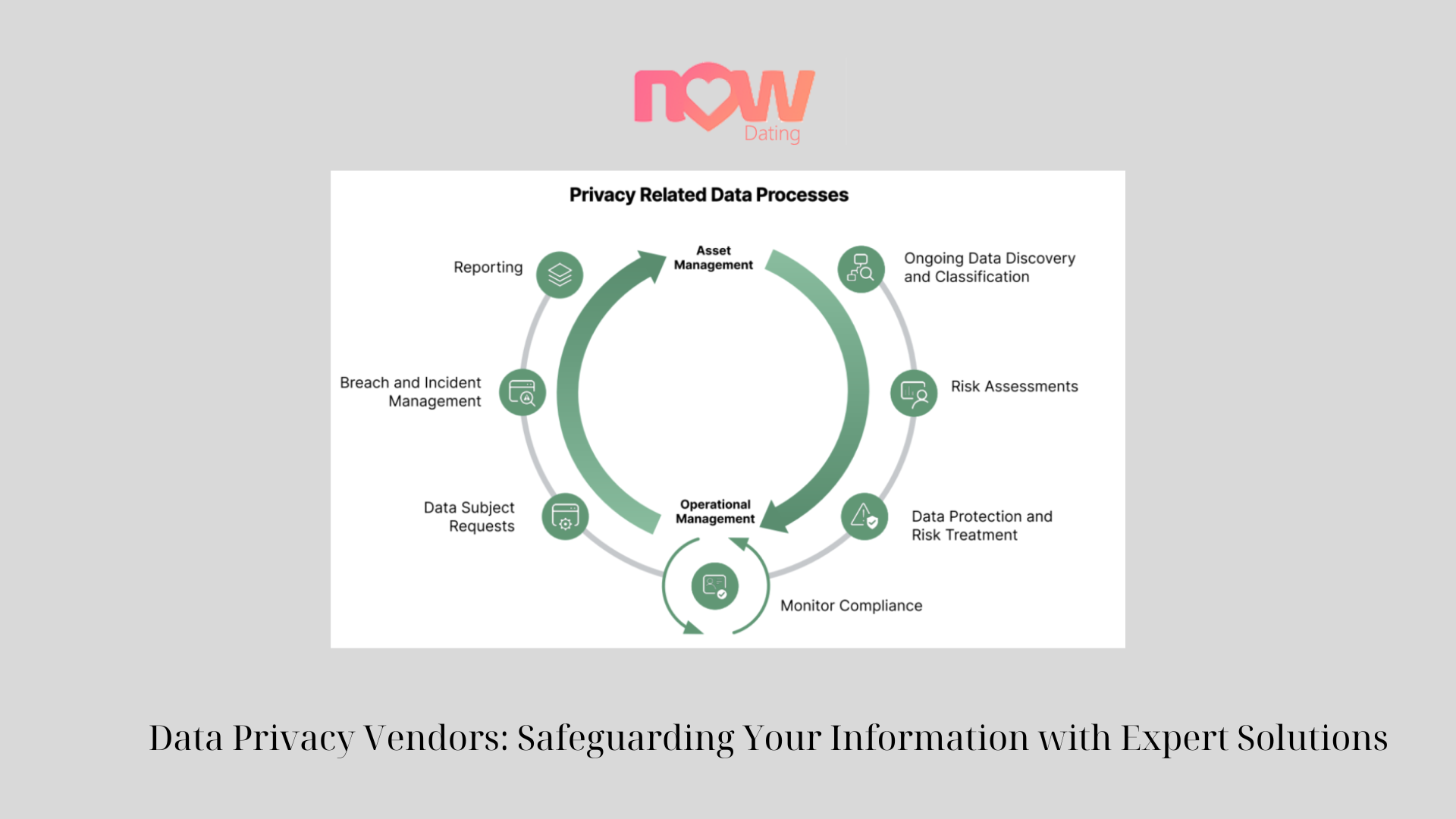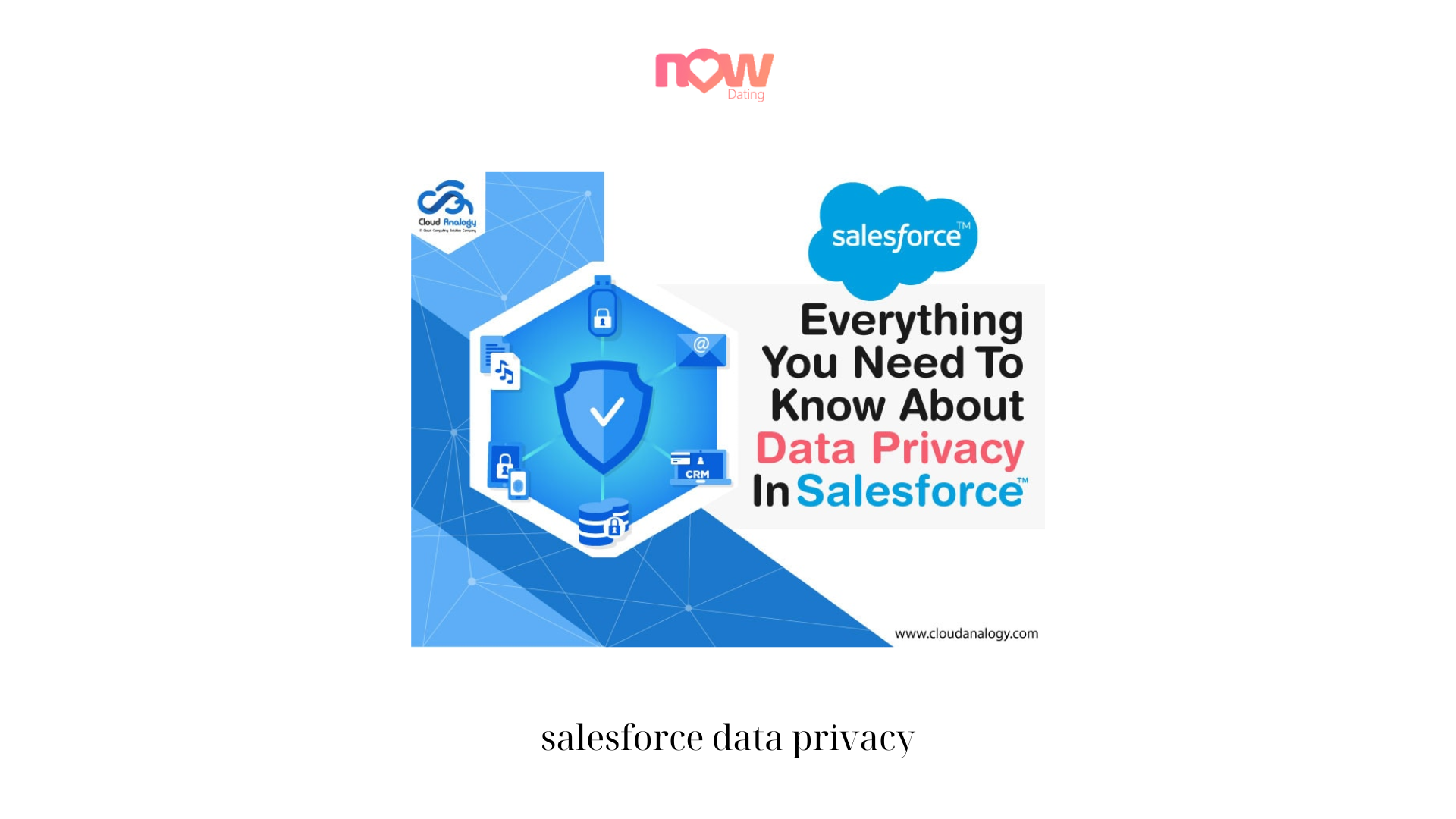5 Steps for Creating Effective healthcare data governance

Healthcare may be at the top of the list of industries that require a comprehensive data governance policy. Think about the enormous quantity of healthcare information that is available for every person, how private it is, and the situations where accurate information can make the difference between life and death. Healthcare data governance is crucial, which makes sense. Let’s follow us to find out about healthcare data governance in this post!
What Does healthcare data governance Mean in the Healthcare Industry?
Healthcare data governance has a lot of moving components. Explaining how data governance adds value is exceedingly difficult due to the size and complexity of the healthcare sector.

Providers, locations, electronic systems, and networks come in a wide variety. The intricacy of how to regulate healthcare data is further increased by legislation and HIPAA standards. In its purest form, data governance is creating strategies for integrating information from all components and mechanisms involved in healthcare procedures into a cohesive, useful network.
In the pursuit of great healthcare, multiple players within the healthcare business typically need to communicate clinical and medical data. Healthcare data governance is the process of obtaining, sharing, and using data as an operational asset that can improve the health of all individuals.
The right system connections could make the difference between a person’s health situation getting better or getting worse. It frequently has the power to determine someone’s fate. When data systems are unable to communicate on an equal level, it appears as though several people are attempting to communicate but each is speaking a different language, making it impossible for any of them to comprehend the other. A complete failure occurs in communication. Data governance is a crucial element in healthcare for these and other significant reasons.
Why is healthcare data governance Important?
Saying that data governance in healthcare is crucial sounds like stating the obvious, but what precisely is data governance?
The method and process used by corporations to manage and safeguard their data is known as data governance. Data here refers to all or a portion of a company’s digital and/or physical assets. That data in the healthcare sector includes patient records, lab results, EKGs, MRIs, billing information, prescription drug information, and other confidential medical data.
Medical personnel requires healthcare data to make knowledgeable decisions about patient care. To ensure that every patient receives the best possible treatment, data governance gives healthcare institutions a defined and structured approach of sharing medical data.
The Health Insurance Portability and Accountability Act (HIPAA) is a federal law in the United States that governs the security and privacy of medical information, sometimes known as protected health information (PHI). According to the law, “covered entities,” which are essentially hospitals and insurers, as well as those that process PHI on their behalf, are legally accountable for preserving data.

HIPAA fines alone cost the healthcare industry $28 million in 2018. The Office of Civil Rights (OCR) assesses HIPAA fines based on the quantity of PHI records exposed and analyzes the infringing organization’s degree of compliance in its investigation. The HIPAA fines, combined with other regulatory requirements for repair and auditing, contribute to healthcare having one of the highest overall breach costs of any industry.
5 Steps for Creating Effective healthcare data governance
Scalable data governance procedures are necessary for healthcare companies to maintain financial viability and the security of patient information as they expand. Healthcare institutions must make sure they can use data successfully and efficiently for anything from doing research to giving emergency care.
Establishing business objectives and goals
There are numerous data use cases in healthcare enterprises. The corporation must first determine how data governance fits into the overall business objectives before defining objectives. Each of these objectives will necessitate its own set of data. Data teams must work inside a transparent governance structure to use that information legally.
Choose, Sort, and Prioritize Your PHI
Perhaps the most sensitive data that a healthcare organization controls is PHI. Identifying and categorizing PHI needs to be a key data governance goal in order to maintain compliance and deliver the best patient care possible. How data is governed will depend on where it resides and how it is categorized. Sensitive data must be labeled appropriately, and usage in compliance with legal requirements must be supported by evidence, according to compliance audit requirements.
Privileges and permissions are evaluated and assigned

Privileges and permissions govern who has access to what information and what they can do with it. Data access should be managed by the principle of least privilege as a best practice. This entails restricting access to information as much as feasible without interfering with someone’s capacity to execute their job. The healthcare industry is seeing an increase in the number of interoperability standards that govern how information is stored and shared between devices.
A phlebotomist, for example, needs to know the patient’s name and date of birth. However, they may not need access to the patient’s whole medical history. Too much access increases the possibility of data being modified or stolen.
Eliminate “stale” or low-quality data
Particularly in the healthcare industry, data integrity is crucial. By skewing results, poor quality, underutilized, or “stale” data might harm research. Bad data, in the eyes of a doctor, can result in treatment problems. For instance, obsolete patient prescription data may have an effect on a doctor’s diagnosis and course of action. Maintaining current data enables the achievement of care and operational objectives.
Assign Key Roles and Employee Training
Finally, it’s critical that those in charge of data governance are qualified individuals. To accomplish this, you should form teams including practitioners, IT team members, and finance personnel.
Responsibility is crucial. Every functional area that handles sensitive data must make sure that the data owners, managers, and analysts are aware of their roles. Data owners are responsible for their data and must be aware of who has access to it and who ought to.
Conclusion: So above is the 5 Steps for Creating Effective healthcare data governance article. Hopefully with this article you can help you in life, always follow and read our good articles on the website: qule.info





